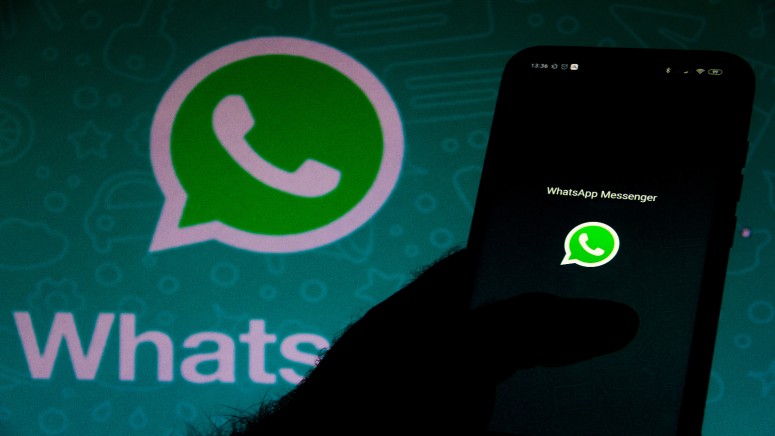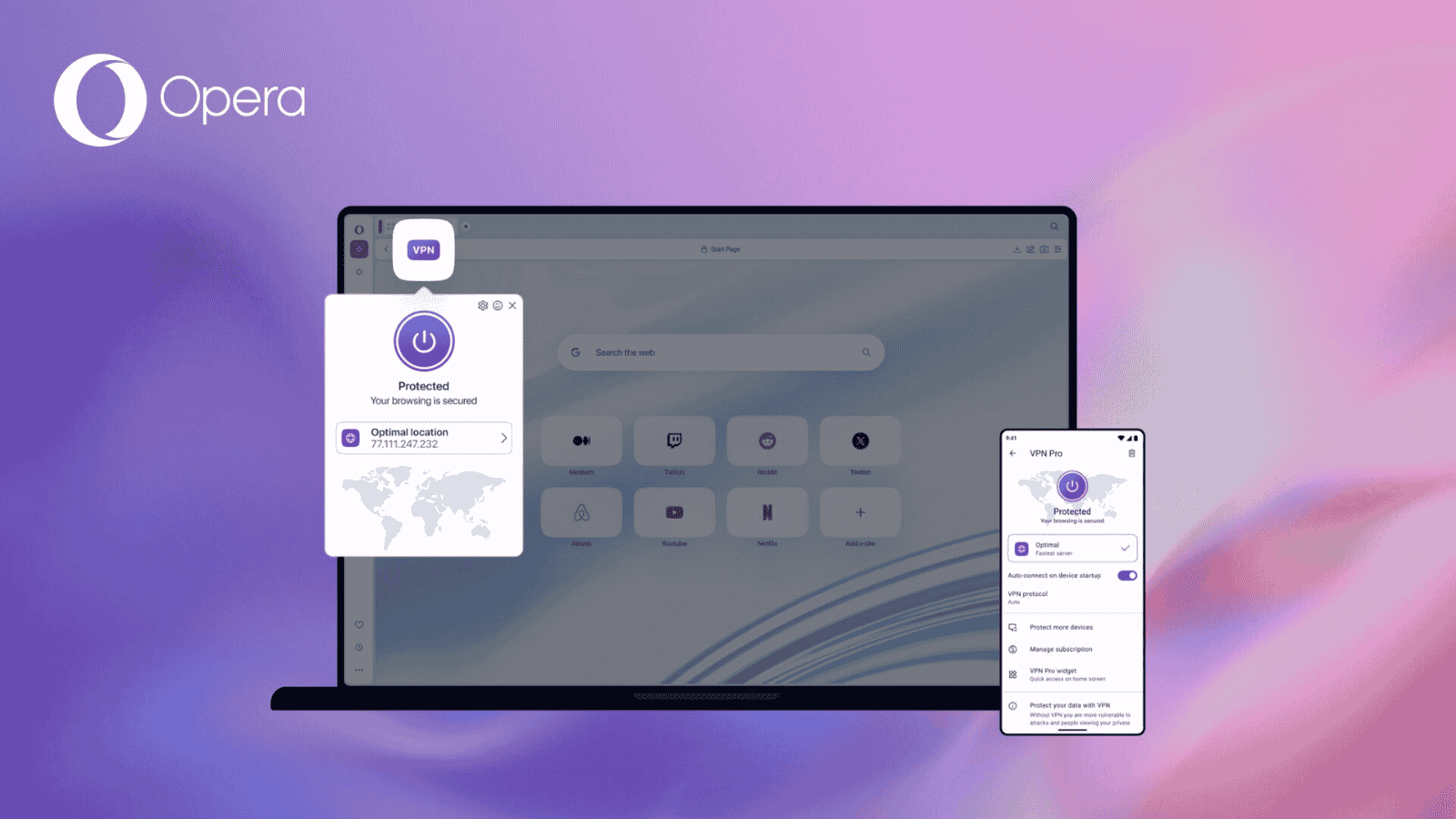
WhatsApp Launches Crypto Payments Through Novi Wallet in the US
- WhatsApp will allow users to send and receive cryptocurrency via the chats in the messaging app.
- For this pilot program that went live in the US, they use Meta's Novi digital wallet and Pax Dollar stablecoin.
- The WhatsApp messages and calls remain end to end encrypted when using the digital wallet.
WhatsApp seeks to integrate a payment feature in the United States using Novi, a digital wallet owned by Meta that was launched six weeks ago, and payments made using the Paxos Pax Dollars (USDP) stablecoin. The app's Novi digital wallet is now available in the US in a limited rollout and can be used directly in a WhatsApp chat.
WhatsApp users in India and Brazil can already send or receive money easily using the messaging app's payment feature with the local payment currencies. Now, the US version of WhatsApp Pay uses Pax Dollar (USDP), a stable cryptocurrency. Its value is linked to the US dollar rather than the UPI (Unified Payment Interface) used in India. Novi over WhatsApp lets you receive USDP for money that you can withdraw to your bank account for its equivalent value in USD and is available in English and in Spanish.
Novi head Stephane Kasriel announced the news on Twitter, saying the pilot program is open to a few people in the US. Although the Novi pilot was initially offered in the US and Guatemala, users will not be able to access the new payment functionality for WhatsApp in Guatemala and have to continue using the standalone Novi app.
:format(webp)/cdn.vox-cdn.com/uploads/chorus_image/image/70248673/FGHzidMVcAEqPAY.0.jpg)
Transferring funds seems to work like sending any attachement over WhatsApp - tap the paperclip icon (Android) or the plus icon (iOS) and select Payment next. No fees will be charged for sending or receiving money on WhatsApp when you use Novi, and you can transfer funds into your bank account as many times as you'd like. With the addition of the Novi wallet, WhatsApp still works the same way, and your messages are still end-to-end encrypted.
As of now, the pilot program is only available in the US, but Novi and WhatsApp plan to introduce this integration to other countries based on the initial feedback they receive.
Almost a year after the WhatsApp Pay service launched, 40 million users still use the payment feature. A week after WhatsApp Pay launched in 2020, the Brazilian authorities suspended the service, and it took one year for Facebook to agree with the rules and offer the feature. It is yet to be seen if it will encounter such issues in the US.







